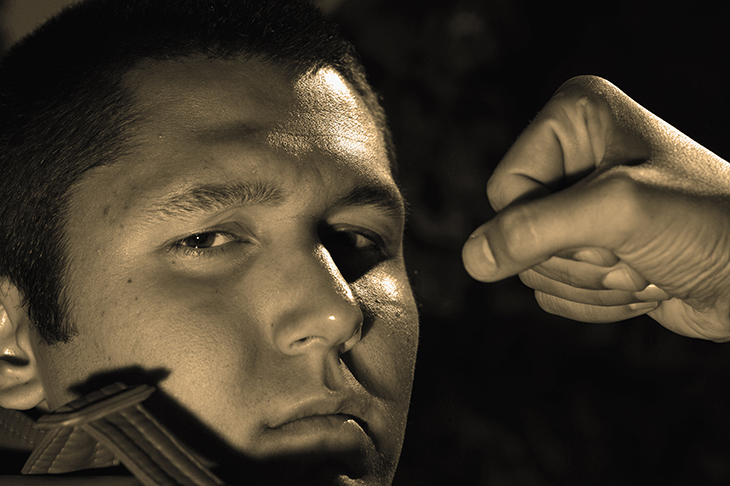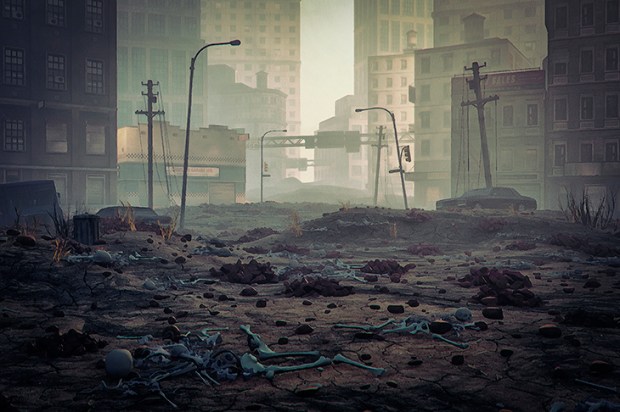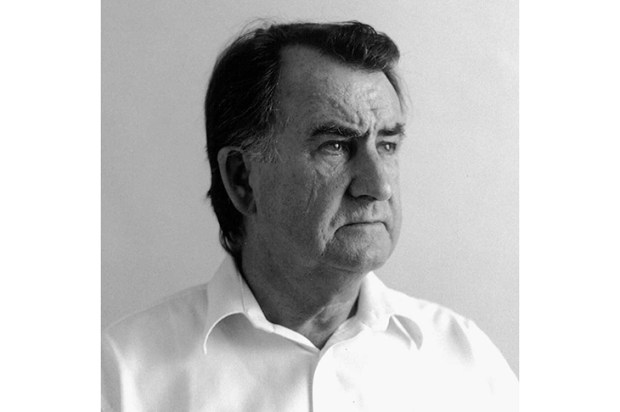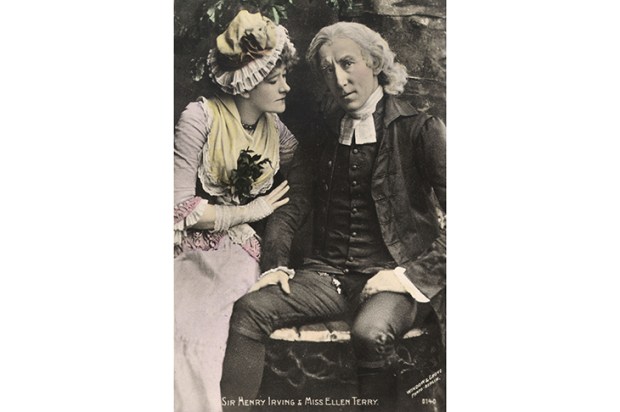Let’s hear it for the heavies, the unsung heroes of noir crime fiction on page and screen. The genre would collapse without them. Without the threatened or actual violence they so selflessly provide, the streets would not be mean and a private eye’s career would be only slightly less risky than an estate agent’s. Yet we rarely glimpse the private lives of these men (heavies are almost invariably male), or explore their hinterland of secret traumas and guilty pleasures.
Alan Trotter, then, gets bonus points for originality, from his choice of title onwards: this novel is all about the muscle who supply the heavy weaponry of the criminal world. The narrator of the story is Box, an enormous but generally docile freelance gangster who is in professional partnership with a rather nastier colleague known only as _____. Box’s favourite tipple is milk, and _____ refuses to live anywhere that does not have a fairground with rollercoasters. Their line of work ranges from breaking hands to contract killing.
Two rival gang leaders have carved up the unnamed city where the novel is set. Other figures loom out of urban gloom, among them a cop called Cromarty and a shamus with the memorable name of Mike Swagger. ‘Frails’ smoulder sexily and are a useful source of plot devices.
At a poker game, Box and _____ encounter the vain and cowardly Holcomb, a writer for the pulp magazines. Box, who briefly becomes Holcomb’s bodyguard, discovers an unexpected taste for his charge’s metaphysically challenging science fiction. His versions of them are woven into the main story.
The novel is punctuated by a series of interludes in which a pair of contract killers, Hector and Charles, are speeding through the night by train, for a purpose that is only revealed at the end. While chatting about the aesthetics of murder, they throw randomly selected fellow travellers to their deaths.
Muscle reads like a tragi-comic mash-up of Elmore Leonard and Samuel Beckett, with more than a dash of Tarantino for added zing. Trotter delights in the language of noir fiction — one minor character has ‘a nose that had been broken so many times it lay flat on his face like roadkill’; it’s a typical throwaway line, and a pleasure to read. Not everyone will relish the novel’s laboriously contrived construction, with its welter of nested, genre-fluid narratives and its dreamlike atmosphere. But Trotter is undoubtedly a writer to watch.
Got something to add? Join the discussion and comment below.
Get 10 issues for just $10
Subscribe to The Spectator Australia today for the next 10 magazine issues, plus full online access, for just $10.
You might disagree with half of it, but you’ll enjoy reading all of it. Try your first month for free, then just $2 a week for the remainder of your first year.














Comments
Don't miss out
Join the conversation with other Spectator Australia readers. Subscribe to leave a comment.
SUBSCRIBEAlready a subscriber? Log in